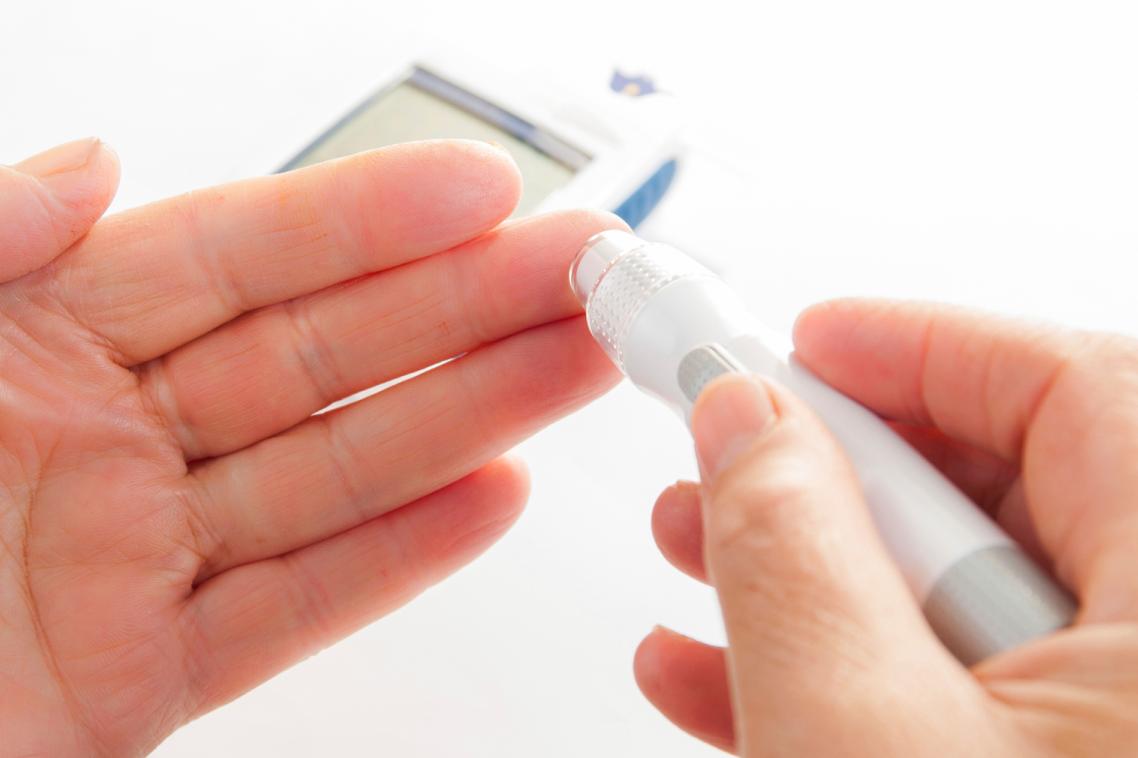Research under way for new type 1 diabetes treatment

Researchers at The University of Queensland are hoping a new form of immunotherapy could lead to better treatment of type 1 diabetes.
UQ Diamantina Institute researcher Professor Ranjeny Thomas said the therapy aims to rebalance the immune system of children with type 1 diabetes, correcting the immune damage and therefore protecting the cells that make insulin.
"People with type 1 diabetes are unable to produce insulin because their immune system mistakenly attacks proteins in pancreatic beta cells that store and release insulin,” Professor Thomas said.
“Currently there is no treatment, apart from insulin, for people suffering type 1 diabetes.
“We have developed an immunotherapy using a small fat particle that encapsulates an ‘immune red flag’ protein from the pancreas, along with a drug to calm the immune response.”
Professor Thomas said the immunotherapy had been successful in controlling the disease in mice and the research team were now working toward clinical trials, to begin in about two years.
“We are excited to leverage the immune system’s potential to heal itself, which is a completely different approach to insulin replacement,” Professor Thomas said.
Type 1 diabetes affects more than 120,000 Australians and usually occurs in childhood.
Professor Thomas said the researchers were working with a cohort of patients from the Lady Cilento Children’s Hospital to determine appropriate candidates for clinical trials of immunotherapy.
To support this work, UQ has been awarded a US$1.2 million (approximately AU$1.58 million) grant from The Leona M. and Harry B. Helmsley Charitable Trust, to be administered by JDRF Australia.
JDRF Head of Research Development Dr Dorota Pawlak said she welcomed the grant.
"We are delighted to be able to facilitate the award of this grant and leverage our international presence to help bring funds to Australia," Dr Pawlak said.
"Like Professor Thomas, we are excited about the potential impact that her research will have for the 120,000 Australians living with type 1 diabetes, and look forward to following her progress in the coming years.”
Media: Sam Benger, s.benger@uq.edu.au +61 7 3365 5118.
Topics
Related articles

Should you consent to your doctor using an AI scribe? Here’s what you should know.

How a drone delivering medicine might just save your life
Media contact
UQ Communications
communications@uq.edu.au
+61 429 056 139
